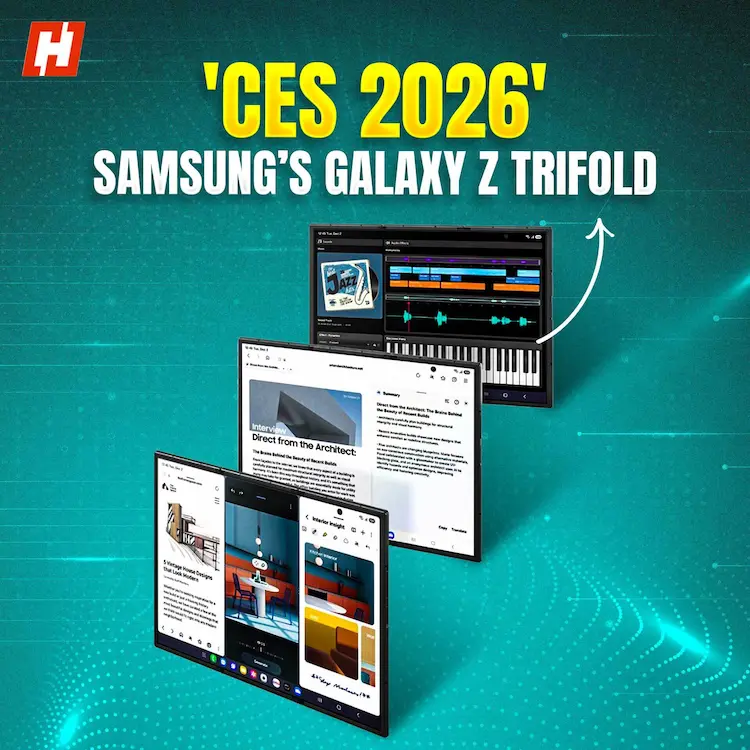WWDC 2025: Apple just rebooted its entire OS lineup—here’s a quick recap


The biggest announcements were largely around design.
At WWDC 2025, Apple made it clear that the future of its platforms isn’t just about AI—it’s about design, usability, and a little more visual flair. With sweeping changes to how its software looks, behaves, and is even named, this year’s keynote marked one of the most cohesive overhauls in recent memory.
Say hello to iOS 26, macOS 26 and the year-based era
First things first: Apple’s ditching the old version numbers. No more guessing whether iOS 19 matches watchOS 12 or macOS 16. Moving forward, all Apple operating systems will reflect the year they’re tied to—well, sort of. iOS 26, iPadOS 26, macOS Tahoe 26, watchOS 26, tvOS 26, and visionOS 26 are all set to arrive later this year, making it far easier to know if your device is up to date.
This shift isn’t just cosmetic—it represents a broader push to unify Apple’s ecosystem. Developers can start testing these builds now, with a public release expected in the fall.
Liquid Glass is Apple’s biggest UI refresh since iOS 7
Design took centre stage this year, and Apple’s new “Liquid Glass” aesthetic now flows across all its operating systems. Expect more transparency, gloss, and edge-to-edge visuals. Buttons, sliders, widgets—everything now carries a soft, glassy sheen.
On iOS 26, your lockscreen will let text like date and time stretch across more of the screen, revealing your wallpaper beneath. The dock and app folders have also been redesigned with a sleeker, floatier look.
Apple’s VP of Human Interface, Alan Dye, described it as their “broadest design update ever.” And it shows.
Core apps reimagined: Safari, Phone, and Camera get new looks
Several native apps got a fresh coat of UI paint. Safari is now edge-to-edge, with a floating tab bar that blends seamlessly into your browsing. The Camera app trims down the clutter—now you start in either photo or video mode and swipe to access the rest.
The Phone app merges Recents, Voicemail, and Favourites into one cohesive panel, while keeping Contacts and the Dialpad easily accessible at the bottom.
Messages goes social: custom backgrounds, polls, and chat controls
Messages finally gets features that power users have been begging for. You can now add wallpapers to individual chats, create and send polls in group conversations, and see typing indicators in group threads.
There’s also a new screening tool that filters messages from unknown senders into a separate folder. Users can either review them later or delete them without cluttering their main inbox.
Real-time translation across calls and chats
Language barriers are about to get easier to deal with. Apple’s AI-driven Live Translation is being embedded into Messages, FaceTime, and Phone. You’ll be able to translate texts as you type, hear translated audio during voice calls, or view real-time subtitles on FaceTime—all without needing a third-party app.
Apple Intelligence meets a new Visual Intelligence
One of the standout AI updates was the evolution of Apple’s Visual Intelligence. By pressing the screenshot shortcut, you can now bring up a contextual assistant that analyses whatever’s on your screen.
Ask questions about articles, identify items in photos, or search for similar products online via Google or Etsy. If you're looking at an event, Apple Intelligence will suggest adding it to your calendar with all the relevant details pre-filled.
A brand-new home for gaming: Apple Games app
Gaming finally gets some love in the form of a new Games app—a central hub to manage all your Apple Arcade titles, discover new games, check leaderboards, and keep up with in-game events. Play Together makes it easier to challenge friends, and it’s expected to roll out across iOS, iPadOS, and macOS.
AirPods get camera control and better voice capture
New updates for AirPods include the ability to snap a photo by tapping the stem—perfect for group selfies or discreet shots. There’s also a new “studio-quality” voice isolation mode, helping users record clear audio even in noisy environments. These features are headed to AirPods Pro 2 and the upcoming AirPods 4 series.
macOS 26 becomes more personal and connected
macOS Tahoe 26 brings Spotlight upgrades, letting users narrow down searches with filters and personalised suggestions. You’ll be able to act directly from search results, like firing off an email or creating a note.
The new Games app and Phone app also arrive on the Mac, and Live Activities from your iPhone can now be mirrored on macOS—helpful for tracking food deliveries or sports scores at a glance.
Apple’s AI goes open—for developers
Lastly, while Apple Intelligence didn’t steal the entire show, there’s big news for devs. Apple is opening up its on-device language models to third-party apps. This means developers can now harness the same AI tech for personalised app features—all while keeping user data on-device.
See Also- Apple WWDC 2025: iOS 26 Unveiled, iOS 19 Discontinued
WWDC 2025 may not have delivered jaw-dropping hardware, but in terms of visual polish, cross-platform harmony, and smarter, simpler software—it’s one for the books.
Trending in Tech

Best of CES 2026: I interviewed a humanoid robot named David

Best of CES 2026: LG’s robot butler is here to save your weekends

Best of CES 2026: Samsung’s Galaxy Z TriFold isn’t for everyone, and that’s the point

